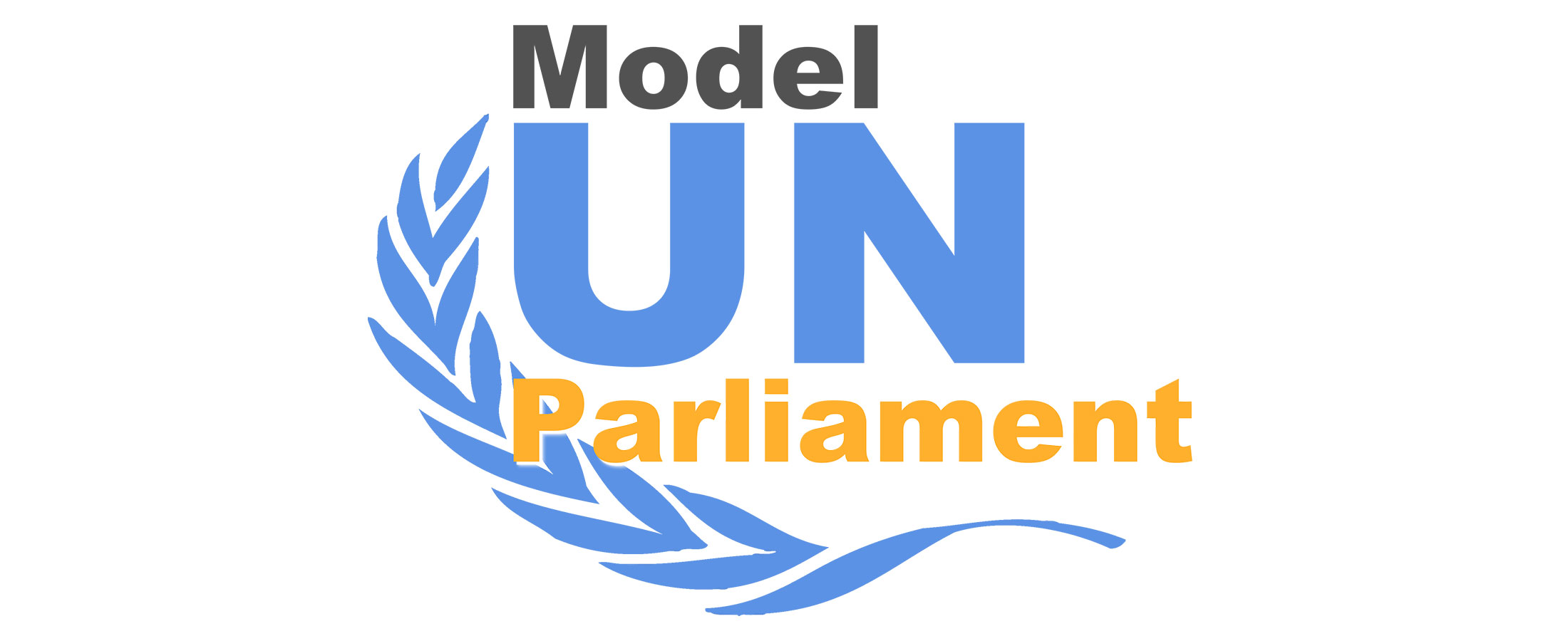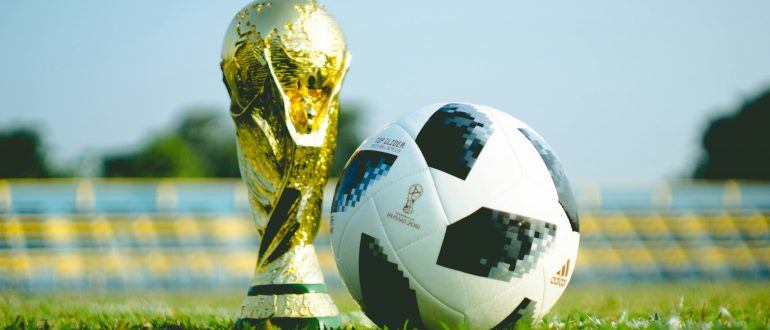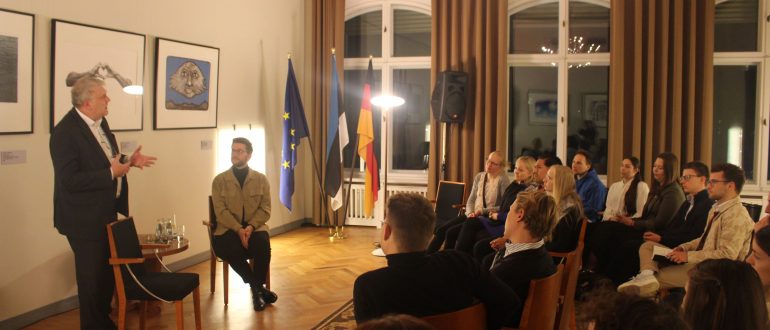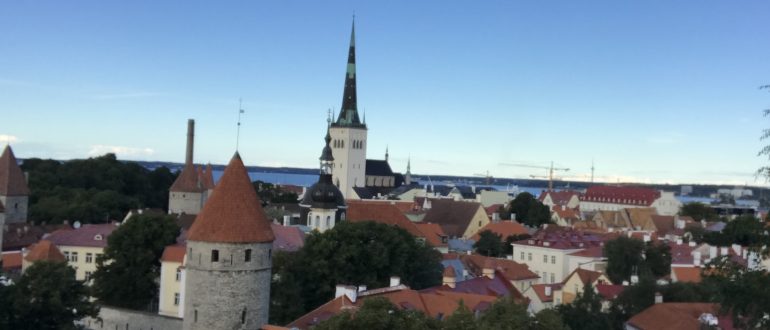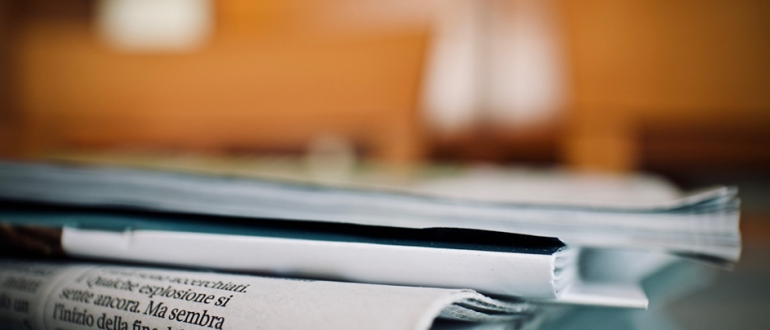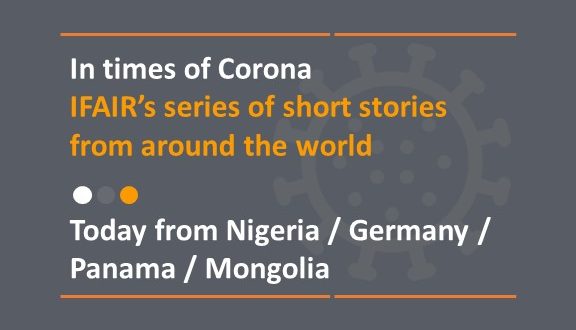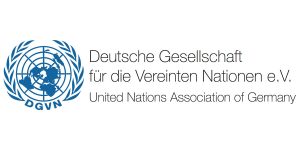What is the Model UN Parliament?
Fifty students from Germany, Europe, and around the world will take on the roles of ambassadors in order to debate and negotiate the possible statutes of a parliamentary assembly at the United Nations – a “world parliament.” Moreover, the program comprises workshops and a high-profile final event including a panel discussion in Berlin. The Young Initiative on Foreign Affairs and International Relations (IFAIR) – in cooperation with the UNPA Campaign – will organize this special event for the first time. The Model UN Parliament is a project of the IFAIR Impact Group UN Parliament and takes place under the patronage of Cem Özdemir (Member of German Parliament, co-chairman of the German political party Alliance ’90/The Greens).
What is the Idea of a UN Parliament?
The visionary idea of a United Nations Parliamentary Assembly (UNPA) has been debated in policy circles for some years now. The proposal is to establish a parliamentary body next to the UN General Assembly – as a pragmatic step toward a potential world parliament, based on the example of the European Parliament. Since 2007 the UNPA Campaign has been advertising this idea around the world, drawing support from prominent figures such as former UN Secretary-General Boutros-Ghali and current EU Foreign Minister Federica Mogherini.
How can I participate?
We want you to be part of this new, innovative Model UN project! You will be able to participate in a professional MUN with a topical focus on global democracy, while co-creating the statutes of a new body. In this way, you will not only practice your debating and negotiating skills, but also deep-dive into legal and political matters. This will be an extraordinary experience. The event is organized by the Young Initiative on Foreign Affairs and International Relations (IFAIR) and the UNPA Campaign.
Unfortunately, you are no longer able to apply as a delegate to the Model UN Parliament. However, we invite you to come to the closing ceremony and panel discussion that is going to take place on Sunday, 24 April, in Halle (Saale). We will publish more information on the closing ceremony soon.
For more information on the closed application process, visit the following sites:
FAQs
Who is responsible for the Model UN Parliament?
Michael Puntschuh m.puntschuh@unpacampaign.org
Farsan Ghassim farsan.ghassim@ifair.eu Steffen Murau steffen.murau@ifair.eu
(c) picture of Cem Özdemir: Wikimedia Commons (CC BY-SA 3.0)
Current Status
The first-ever simulation of a Model UN Parliament delegates’ assembly has taken place in April 2016. Please find the agreed statutes for a UN Parliamentary Assembly here
What is the Model UN Parliament?
Apply to the Model UN Parliament
List of Delegations
Schedule
Draft Statute
Who supports the Model UN Parliament?
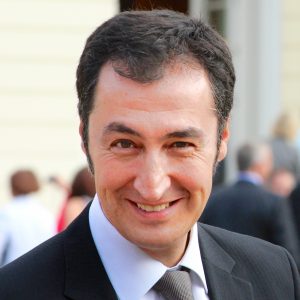 Our partners help us create this unique space to discuss global democracy by supporting the Model UN Parliament. We are especially proud that the project is under the patronage of Cem Özdemir (Member of German Parliament, co-chairman of the German political party Alliance ’90/The Greens). You can find his endorsement and welcome message here.
Our partners help us create this unique space to discuss global democracy by supporting the Model UN Parliament. We are especially proud that the project is under the patronage of Cem Özdemir (Member of German Parliament, co-chairman of the German political party Alliance ’90/The Greens). You can find his endorsement and welcome message here.
Furthermore, we are thankful to our donors and partner who finance this project and make it possible for us to bring together students from all over Europe in order to debate the statutes of a ‘world parliament’. Our main partner is the United Nations Association of Germany – UNA-Germany (Deutsche Gesellschaft für die Vereinten Nationen – DGVN) who has not only made a financial contribution but is also a partner on substantial and organizational matters.
Furthermore, we have received a contribution from the Association of Friends and Supporters of Martin-Luther-Unversity Halle-Wittenberg (Vereinigung der Freunde und Förderer der Martin-Luther-Universität Halle-Wittenberg e.V.) and the Student Council of the Martin-Luther-University Halle Wittenberg (Studierendenrat der Martin-Luther-Universität Halle-Wittenberg). Besides, we are very thankful for all individual donations we received via the crowdfunding campain on betterplace.org.

